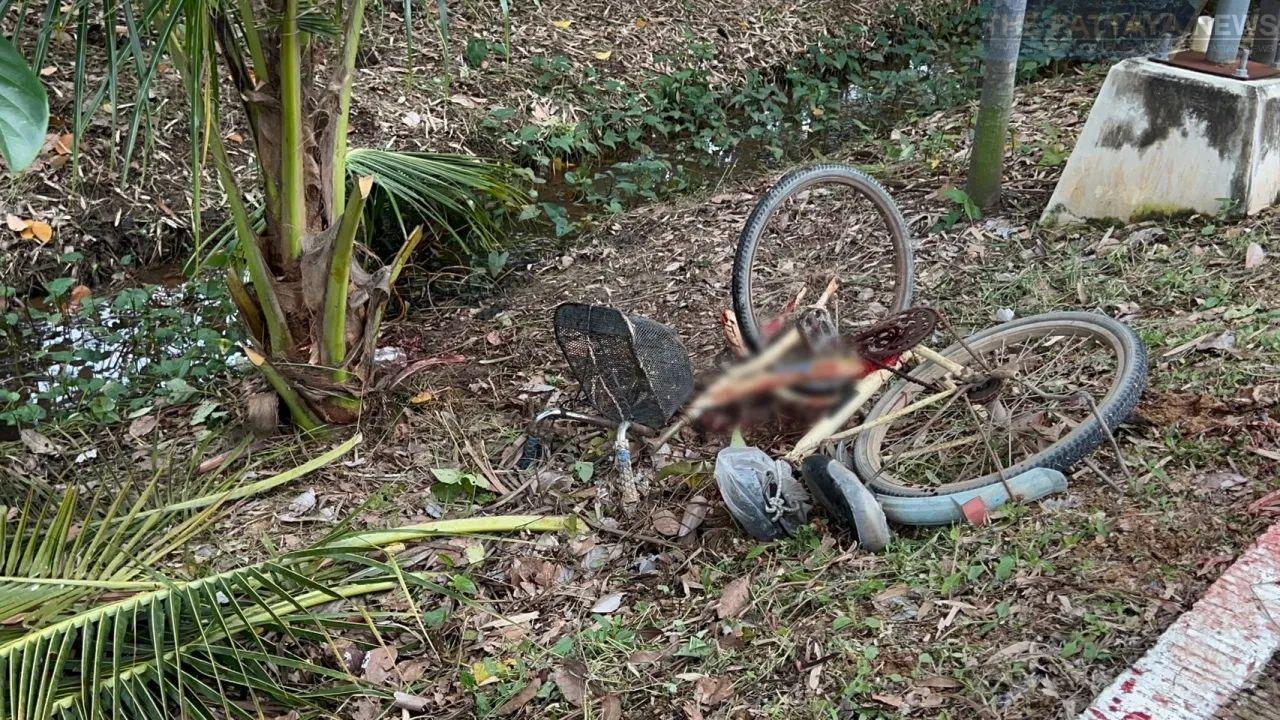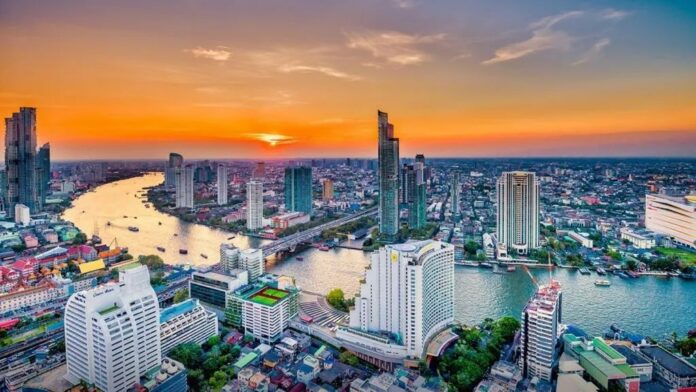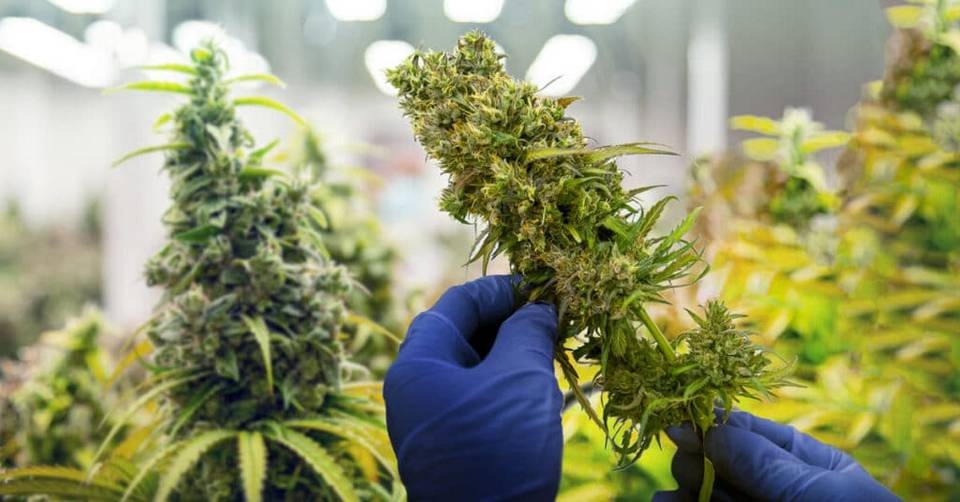
Image by Freepik
A proposal to allow foreigners to lease land in Thailand for up to 99 years may require significant legal amendments, according to Finance Permanent Secretary Lavaron Sangsnit. This proposal involves transferring privately-owned land to state property managed by the Treasury Department.
Mr Lavaron highlighted the necessity of a comprehensive study, potentially leading to the amendment of related laws. Under the constitution, public consultations would also be required for any new legislation.
The concept, initially proposed by former premier Thaksin Shinawatra, suggests that Thai landowners could lease their land to foreigners for up to 99 years by first transferring the title deed to the Treasury Department. During the lease period, the Thai landowner would receive full payment but relinquish ownership, with the land becoming state property.
Foreign lessees would gain the right to lease land for a maximum of 99 years, after which the property would revert to state ownership. To address specific concerns, conditions would prohibit foreigners from leasing land for agricultural use or developing low-cost housing for low-income individuals without requiring a down payment.
However, no official policy level action has been undertaken on this proposal. Implementing such a scheme would require revising multiple laws, including Treasury Department regulations that currently cap leases at 30 years.
"Extending the lease to 99 years would require legal amendments," said Mr Lavaron. "Additionally, laws concerning the transfer of state property would need to be reviewed to determine whether land can be transferred from private ownership, with specific leasing conditions for foreigners. Amendments to the Civil and Commercial Code would also be necessary, along with defining types of land use restrictions."
According to the 2021 ministerial regulation under the State Property Act of 2019, leasing state property is generally limited to 30 years, unless for commercial or industrial purposes approved by the finance minister. For utilisation of state property involving more than 500 million baht from private entities, rental rates must match or exceed rates approved by the State Property Committee, reported Bangkok Post.
A Finance Ministry source, who wished to remain anonymous, noted that similar proposals had faced opposition in the past, with critics arguing it could lead to effectively "selling the country" to foreigners. However, allowing long-term leases while maintaining Thai ownership might address these concerns.
-- 2024-09-30



















